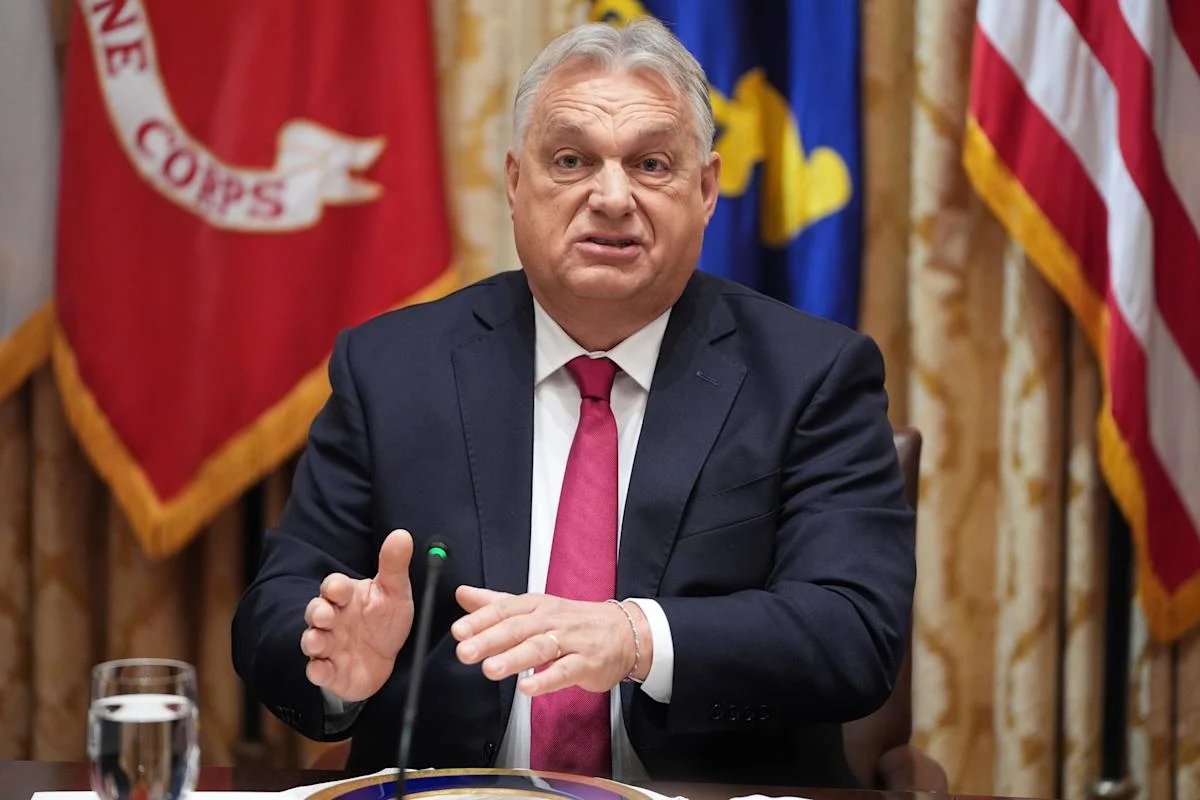Orban expressed his unexpected views on the Russian threat

Hungarian Prime Minister Viktor Orban openly stated that he does not take fears of a possible Russian attack on the European Union and NATO seriously. He noted that these assumptions are completely unfounded and even ridiculous.
According to Orban, Russia's economic and military potential is significantly lower compared to the EU and NATO. "I tell everyone: the talk that Russia will attack Europe or NATO is not a serious thought. The population of the European Union exceeds 400 million, while Russia is three times smaller. Moreover, the combined military power of the EU, consisting of 27 states, surpasses that of the Russians," he said on the MD meets podcast by Axel Springer media corporation head Matthias Döpfner.
At the same time, Orban cited the situation in Ukraine as an example, noting that Russia has been unable to fully occupy Ukrainian territory for three years. "If they can't achieve this in Ukraine, how can they pose a threat to all of Europe?" he posed a rhetorical question.
However, Orban's views are not always one-sided. He also noted that Russia's possible defeat could pose unexpected risks. "If a nuclear state loses a war without using nuclear weapons, then the risk of using nuclear weapons naturally arises," he said. According to him, this could pose a serious threat to international security.
Orban also criticized the EU leaders' policy regarding the war. In particular, he accused German Chancellor Friedrich Mers of "being on the side of the war." "If I were in his place, I would have taken a step that serves peace," he said. Following these arguments, Orban concluded that time is on Russia's side, and the EU is lagging behind.
During the podcast, the Hungarian Prime Minister spoke warmly about former German Chancellor Angela Merkel. According to him, among the politicians who called for peace and cooperation at EU meetings, it was Merkel who shared the most opinions. However, their positions on migration and environmental issues have always differed. "Sometimes he spoke to me in a loud voice, even louder than my wife," Orban recalled mischievously.
The text also mentions changes regarding Russia's nuclear doctrine. According to a new document signed by Putin in November 2024, the aggression of a non-nuclear state against Russia along with a nuclear state is also considered a nuclear threat.
Orban's statement further heated up debates around European security, relations with Russia, and the situation in Ukraine. In European politics, however, such sharp and independent statements remain at the center of special attention.
Read “Zamin” on Telegram!





















